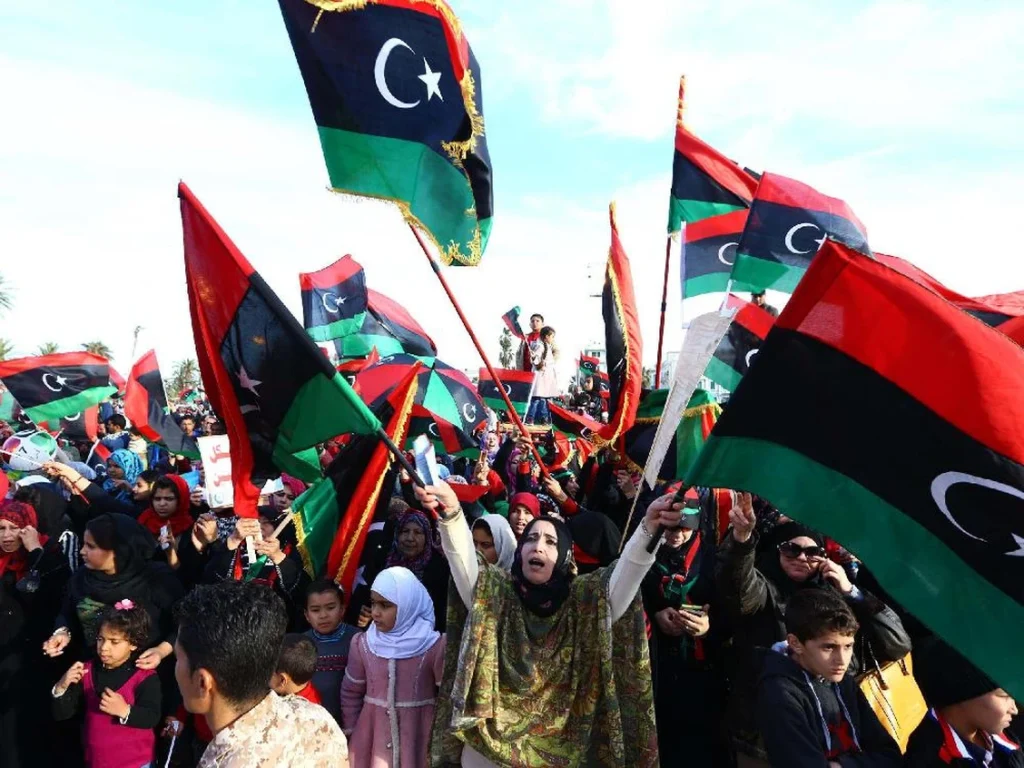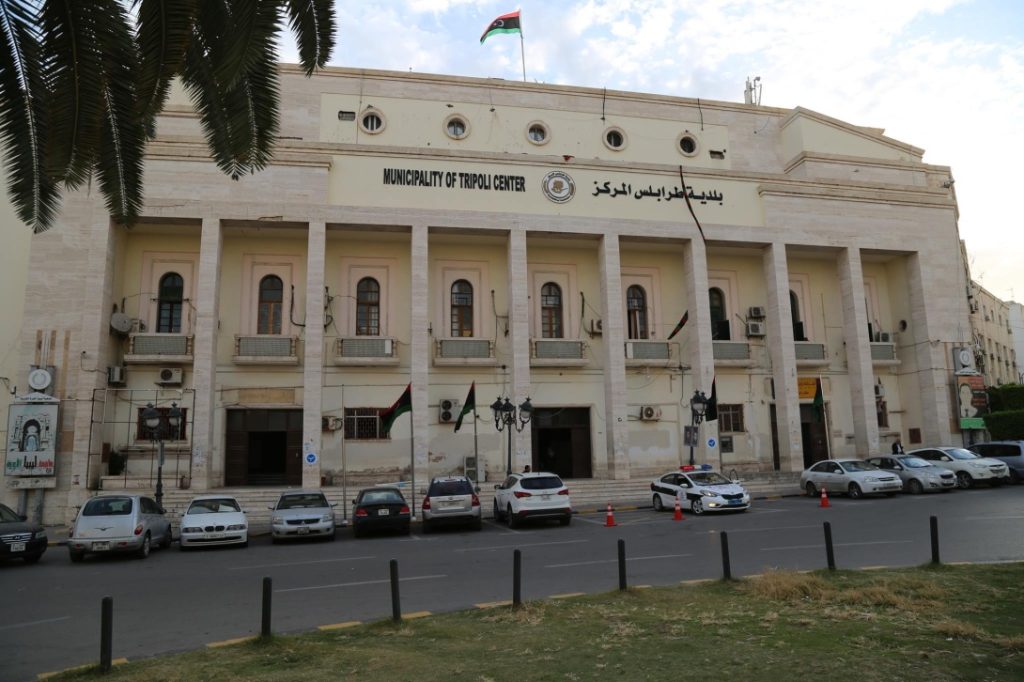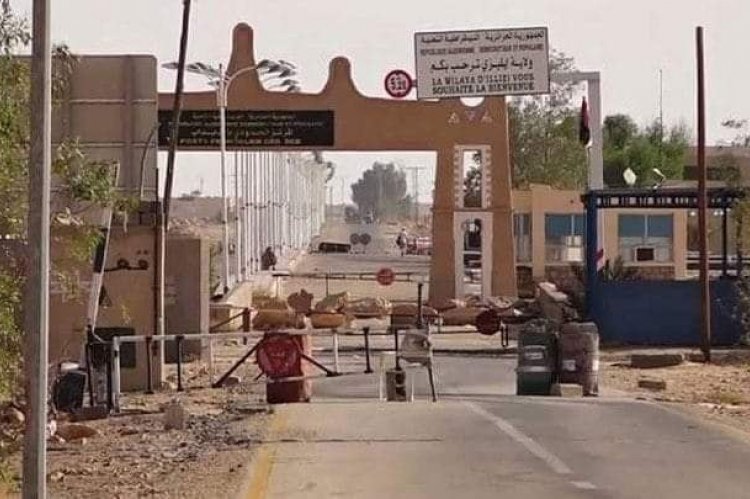Libya Social Reform and the Renewal of Public Trust
Libya social reform is quietly reshaping how citizens relate to their state. After years of division, frustration, and economic strain, a new conversation is emerging across Libya about what the government owes its people and what citizens can expect from their institutions. Public services, transparency, and accountability are now central to that debate. As Libya rebuilds its legitimacy from the ground up, reforming the social contract is becoming the key to stability and national cohesion.
Public Services as the Foundation of Libya Social Reform
Reliable public services remain the truest measure of Libya social reform. Electricity supply, healthcare, and water infrastructure are being rebuilt under programs led by the Ministry of Local Governance and supported by UNDP and municipal councils. Across Tripoli, Benghazi, and Sebha, projects to repair hospitals, modernize power grids, and improve waste collection are restoring citizens’ confidence that the state can still deliver.
According to the World Bank, service delivery improvements in electricity and water management have directly raised quality of life indicators in several regions. Yet challenges persist. Many municipalities still face aging infrastructure and inconsistent maintenance. Bridging this gap requires institutional reform and long-term investment, not just emergency fixes. Libya social reform, therefore, is not about rebuilding facilities alone, but about creating systems that sustain them.
Fiscal Transparency and Local Accountability
The financial backbone of Libya social reform lies in transparent budgeting and better fiscal management. The Central Bank of Libya (CBL) has introduced public budget reports, digital salary payments, and local treasury coordination systems. These measures, while technical, represent a profound cultural shift. For decades, opacity in government spending eroded trust. Now, by digitizing and publishing expenditures, the state is signaling that accountability is becoming institutionalized.
CBL’s digital initiatives also strengthen municipal autonomy, allowing cities to receive funds directly and monitor project progress. This financial decentralization, if sustained, could empower local governments to respond faster to citizens’ needs. As one senior official at the Ministry of Finance put it recently, “Transparency is the engine of reform because it makes the state visible again.” Libya social reform is most effective when citizens can see, measure, and question how their taxes are spent.
Digital Governance and Administrative Renewal
Modernizing Libya’s governance infrastructure is another pillar of Libya social reform. E-governance initiatives supported by UNDP and the Ministry of Communications are enabling citizens to access essential documents, pay bills, and register services online. These projects reduce bureaucracy, curb corruption, and make government more accessible.
In Benghazi and Misrata, pilot e-governance platforms now link municipal data to national ministries, providing real-time reporting on public works. This shift toward transparency signals that Libya’s institutions are adapting to a new era of digital accountability. More importantly, it illustrates that reform is not just a matter of policy, it is a change in how the state functions. By building user-centered systems, Libya social reform brings citizens back into the everyday mechanics of governance.
Civic Participation: A People-Driven Libya Social Reform
Beyond institutions, Libya social reform is being powered by its people. Civil society organizations, youth initiatives, and community forums have begun filling the trust gap between citizens and state. In Tripoli, volunteer networks assist in maintaining local facilities; in Sabha, youth groups monitor municipal budgets and report findings publicly. These activities, though small in scale, nurture a culture of accountability that top-down governance alone cannot achieve.
UNDP’s “Local Voices” program has trained hundreds of young activists in participatory planning and policy advocacy. These civic actors serve as bridges between the public and government, ensuring reform is not limited to officials’ offices but embedded in communities. The more citizens engage, the more Libya social reform becomes irreversible, a shared process rather than a state directive.
Obstacles to Lasting Reform
Despite encouraging progress, Libya social reform faces systemic obstacles. Funding constraints, political competition, and administrative overlap continue to slow implementation. In some regions, local councils struggle to coordinate with national ministries, leading to duplication or delays. Corruption remains an enduring threat, particularly in procurement and contracting.
Addressing these issues requires consistent oversight and stronger collaboration between the GNU and GNS administrations. International partners can help by providing technical training and promoting financial integrity standards. Still, the responsibility for reform lies with Libya’s leadership and civil service. Reforms that lack domestic ownership will not endure. Sustainable progress depends on nurturing a generation of professionals committed to public ethics and efficient service delivery.
Restoring Confidence Through Results
For ordinary Libyans, trust will not return through slogans or decrees, it will come through results. When water runs, when salaries are paid on time, when hospitals function and roads are maintained, Libya social reform becomes tangible. Each improvement in service delivery is a quiet affirmation that the state is regaining its purpose.
International observers note that these small gains are beginning to shift perceptions. Municipal councils report higher citizen participation rates, and national surveys show growing optimism about government performance. The lesson is clear: legitimacy is earned through consistent delivery, not rhetoric. By linking public performance to civic participation, Libya social reform lays the foundation for long-term stability.
Toward a Renewed Social Contract
Libya’s new social contract must rest on mutual accountability. Citizens demand transparency, and institutions must respond with openness and efficiency. The state, for its part, needs to see citizens not as clients, but as partners in governance. This shift, already visible in municipal budgeting and local monitoring, offers a template for sustainable peace.
As reforms deepen, Libya social reform will determine whether the country’s fragile recovery can transform into durable legitimacy. Building trust is a long journey, but one that begins with practical governance and ends with national renewal.



